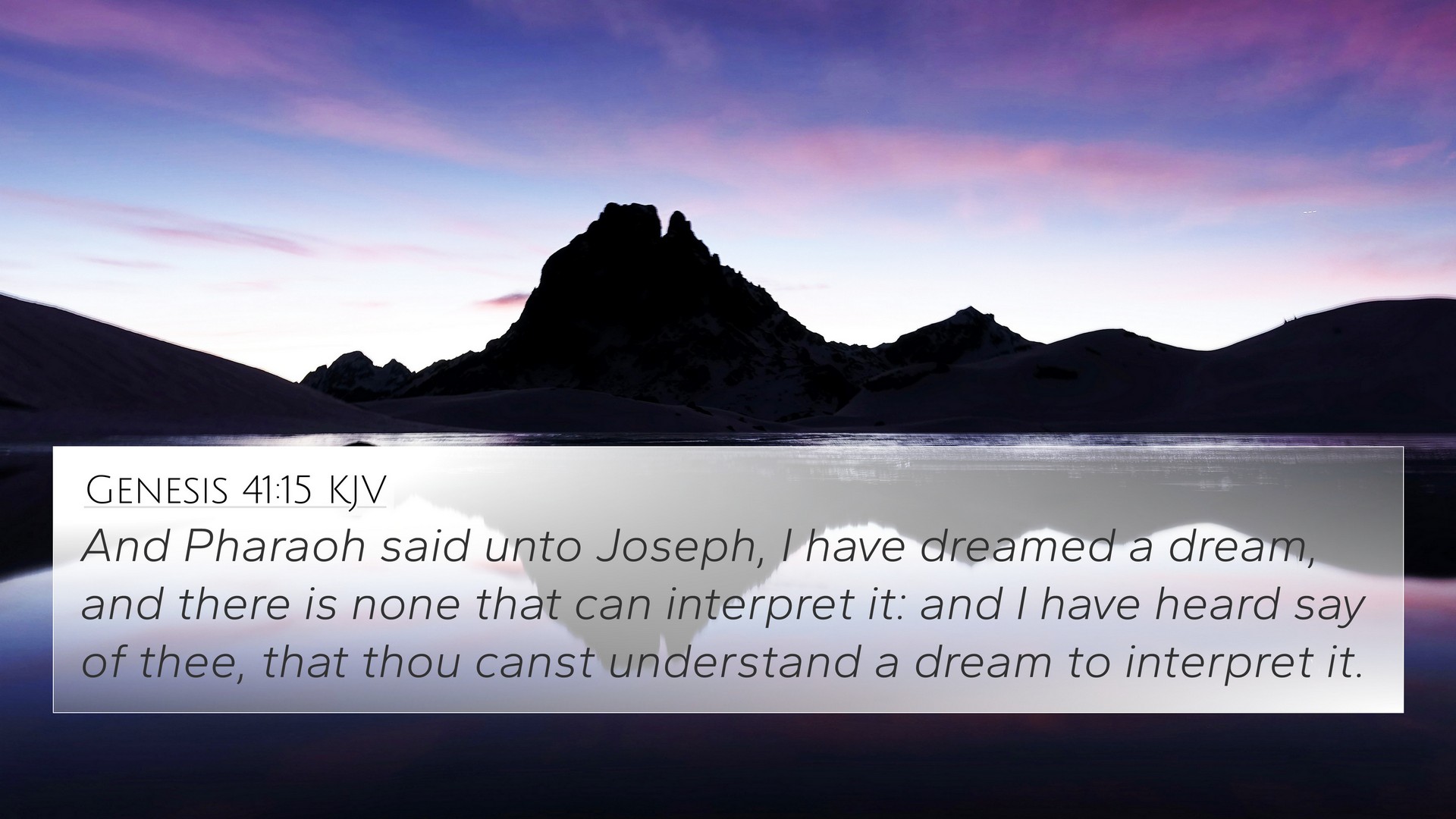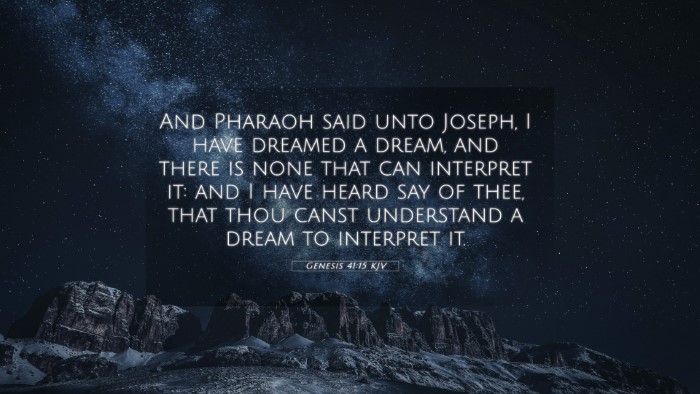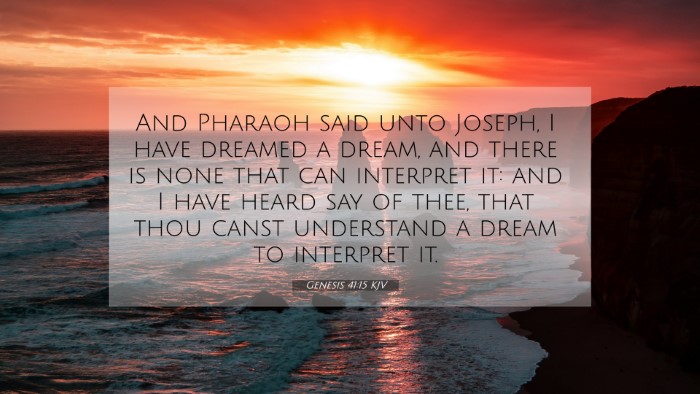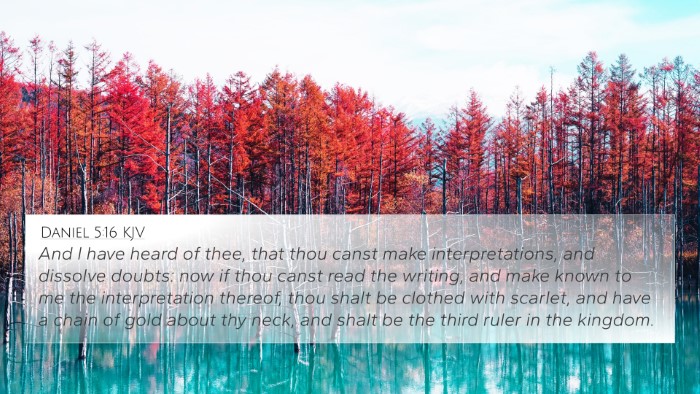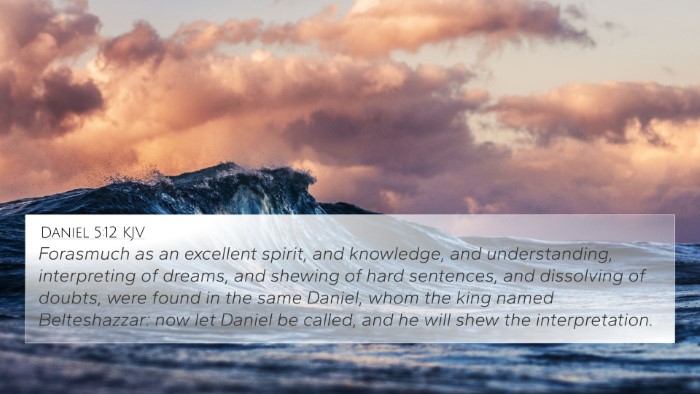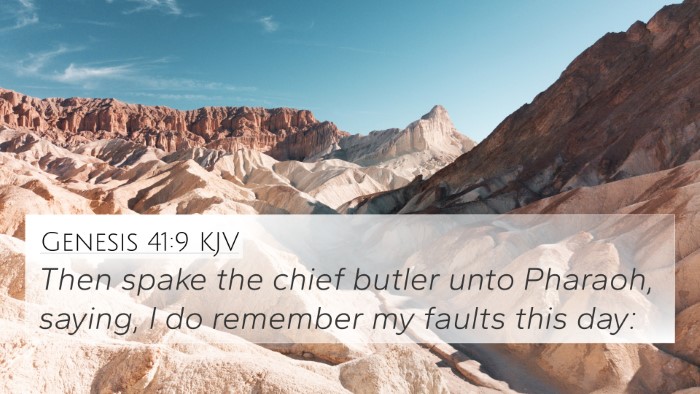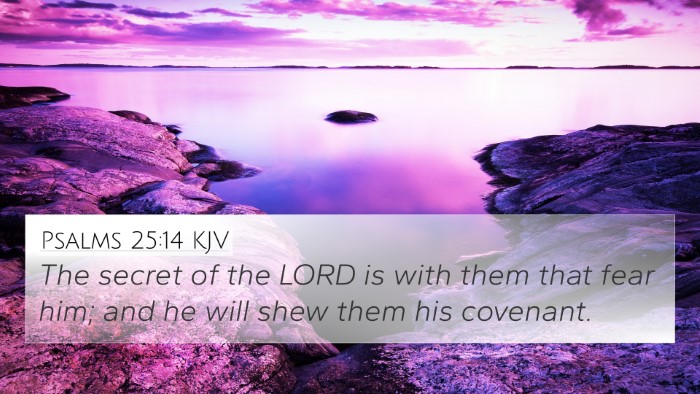Understanding Genesis 41:15
Genesis 41:15 states:
"And Pharaoh said unto Joseph, I have dreamed a dream, and there is none that can interpret it: and I have heard say of thee, that thou canst understand a dream to interpret it."
Introduction to the Context
This verse occurs within the narrative of Joseph, a key figure in the Book of Genesis, who rose to prominence in Egypt. Here, Pharaoh is expressing his desperation to understand a troubling dream that he has had, which he believes forebodes significant events.
Summary of Insights from Public Domain Commentaries
- Matthew Henry:
Henry notes Pharaoh's recognition of Joseph's divine gift. He emphasizes the importance of divine revelation through dreams and how God used Joseph to convey important truths that shaped the future of Egypt and the surrounding nations.
- Albert Barnes:
Barnes highlights the isolation Pharaoh feels in his predicament. He points out that Pharaoh sought out Joseph specifically due to the rumors about Joseph's ability to interpret dreams, underscoring how God's providence brings Joseph before Pharaoh at this critical moment.
- Adam Clarke:
Clarke elaborates on the significance of dreams in the ancient Near Eastern context. He explains that Pharaoh’s dreams symbolize a coming famine, and Joseph’s interpretation will not only serve Pharaoh but also help save many lives, showcasing God's plan for Joseph’s life.
Thematic Connections and Cross-References
This verse serves as a pivotal moment in the story of Joseph, emphasizing themes of divine providence, the interpretation of dreams, and the rising of the faithful in times of need. Below are some important cross-references related to Genesis 41:15:
- Genesis 40:8:
Joseph interprets the dreams of Pharaoh's cupbearer and baker, illustrating his God-given ability to understand dreams.
- Genesis 37:5-11:
Joseph's own dreams in his youth foreshadow his future position and the bowing of his family, establishing his connection with dreams early on.
- Daniel 2:27-28:
Similar to Joseph, Daniel interprets King Nebuchadnezzar’s dreams, showing God's continued practice of revealing future events through dreams.
- Acts 2:17:
This verse refers to the outpouring of the Spirit in the last days, where young men will see visions and old men will dream dreams, linking back to the divine use of dreams.
- Job 33:14-16:
Eliphaz speaks of God speaking through dreams, which parallels Joseph's role in interpreting dreams as God's messenger.
- Matthew 2:13:
Joseph, the earthly father of Jesus, also received divine messages through dreams, indicating a continuation of this theme.
- Proverbs 16:33:
“The lot is cast into the lap; but the whole disposing thereof is of the Lord.” This verse implies that God is in control of all revelations, including dreams.
Conclusion
Genesis 41:15 encapsulates the moment when Pharaoh acknowledges Joseph as the key to interpreting his dreams, reflecting broader themes of divine sovereignty and the essential nature of understanding God’s messages. This verse invites deeper reflection on how God equips His servants to fulfill His purposes. Joseph's story serves as a reminder of faithfulness and preparation for one's appointed time of service.
Tools for Further Study
To enhance understanding of these connections, consider using the following:
- Bible concordance for finding related scriptures
- Bible cross-reference guide which links various passages together
- Cross-reference Bible study materials to explore thematic relationships
- Bible chain references that show intertextual connections
- Comprehensive Bible cross-reference databases for in-depth study
User-Intent Focus
This analysis helps answer questions like:
- What verses are related to Genesis 41:15?
- Find cross-references for Genesis 41:15 in other parts of the Bible.
- How do Joseph's interpretations connect with New Testament revelations?
- Similarities between Joseph's story and other characters like Daniel and the Apostles.
